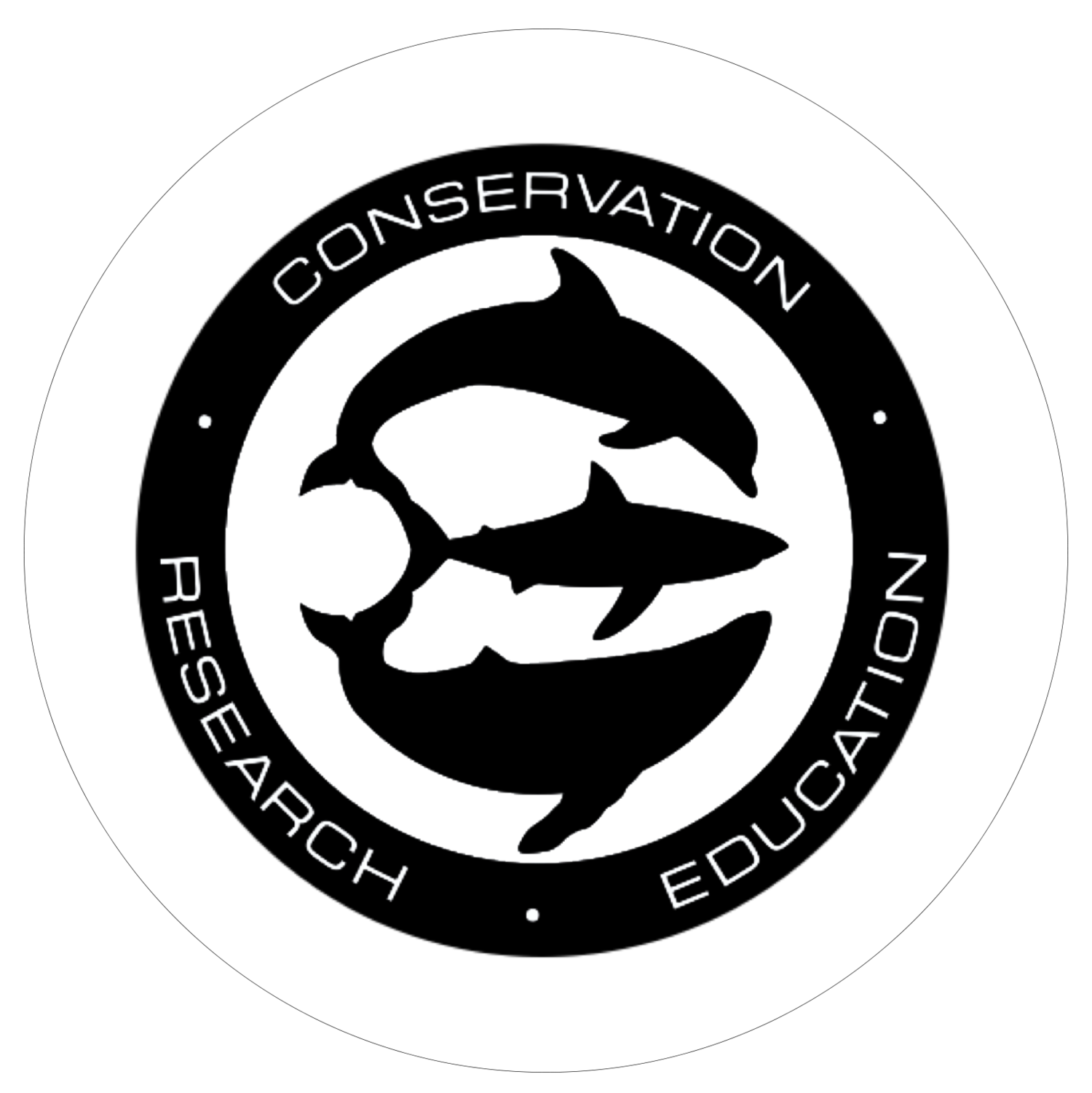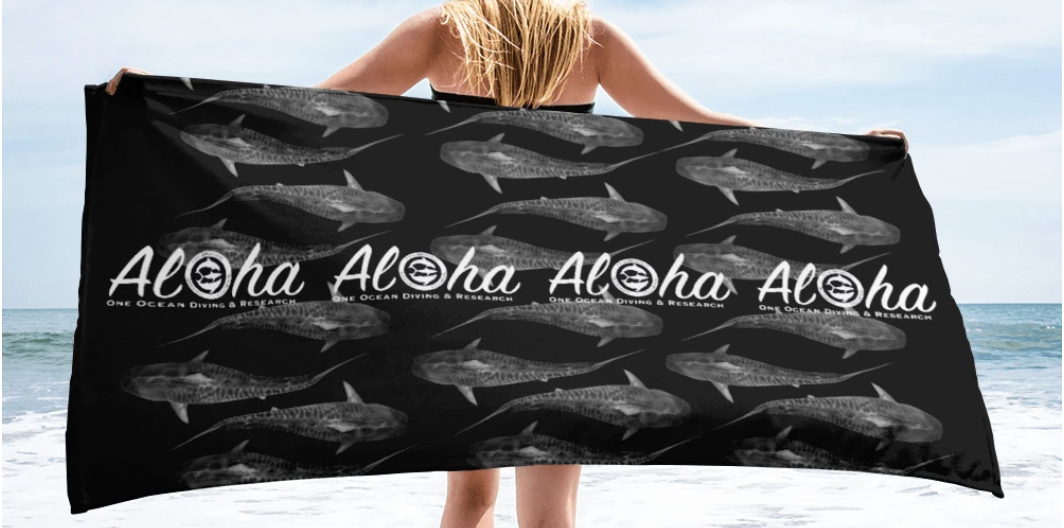At One Ocean Diving, we believe that meaningful, respectful experiences in the ocean can change perspectives—and even help protect the species we work so hard to study and conserve. This is the heart of ecotourism. By bringing people face-to-face with sharks in their natural environment, we’re not only offering an unforgettable adventure—we’re building understanding, respect, and long-term support for marine conservation.
What is Ecotourism?
Ecotourism is responsible travel that prioritizes environmental education, conservation efforts, and the well-being of local ecosystems and communities. Unlike commercial tourism that may exploit natural spaces, ecotourism supports long-term protection of habitats and wildlife through awareness and action.
This is one of our boats here at One Ocean, named Niuhi, which means tiger shark in Hawaiian. This vessel helps us safely and respectfully connect people with the wild ocean and its incredible marine life. Photo captured by Tyler Flott @tyler_shootz
Why Focus on Sharks?
Sharks play a critical role in the ocean as apex predators. They help maintain healthy ecosystems by regulating species populations and supporting biodiversity. However, due to human activities like overfishing, longline fishing, shark finning, and habitat destruction, shark populations have been decimated worldwide. Some species have declined by more than 90 percent.
One of the most powerful tools we have to reverse this trend is education—and that begins when people see sharks for what they truly are.
Ocean Ramsey surrounded by a graceful flow of Galapagos and Sandbar sharks, peacefully circling in the open blue. A powerful reminder of coexistence, connection, and the beauty of observing these misunderstood apex predators in their natural environment. Photo captured by Breanne Carrin @Brebythesea
The Impact of Swimming with Sharks
When guests join our educational pelagic snorkel tour, they enter the world of wild sharks under the guidance of experienced marine biologists and safety divers. The impact is transformative.
Shifting Perception
Many people fear sharks because of myths and media portrayal. But observing them in their natural environment, calm and graceful, allows guests to replace fear with understanding and admiration.
Learning Firsthand
Our team teaches guests about different shark species, behavior, social structure, body language, and the ecological importance of these animals. Firsthand learning has a lasting impact that helps people retain and share what they’ve learned long after their experience in the water.
Supporting Science and Conservation
Every guest contributes to ongoing shark research and conservation efforts. Our team collects behavioral data on every charter and uses the opportunity to raise awareness about marine issues. This kind of support allows our work to continue and grow.
Creating Advocates
People protect what they understand. After a safe and respectful interaction with sharks, many of our guests return home as informed advocates. They share their experience, talk about the importance of coexistence, and help dispel harmful myths that have put sharks in danger for decades.
One of our guests experiencing the awe of seeing a Galapagos shark swimming freely in the open ocean. Moments like these inspire deeper understanding, respect, and a lifelong connection to marine life. Breanne Carrin @Brebythesea
A Sustainable Approach to Ocean Tourism
Ecotourism is a sustainable alternative to extractive industries. It creates jobs, supports scientific research, and encourages visitors to take action for conservation. It empowers people to contribute to something larger than themselves and become part of the solution.
At One Ocean Diving, we are proud to connect people to sharks in a safe, educational, and inspiring way that fosters a deeper appreciation for marine life and the need to protect it. When people see the ocean differently, they treat it differently—and that ripple effect matters.
Our founders, Ocean Ramsey and Juan Oliphant, played a key role in helping make shark fishing illegal in Hawai‘i. Their dedication to shark conservation, education, and advocacy continues to drive positive change for marine life and our oceans.
Join Us
If you’re ready to challenge what you thought you knew about sharks, and if you want to be part of the solution, we invite you to experience one of our educational pelagic charters. Come see why sharks are not monsters—they’re misunderstood and deeply vital to ocean health.
Visit oneoceandiving.com to book your experience and learn how ecotourism can help protect the ocean we all depend on.











